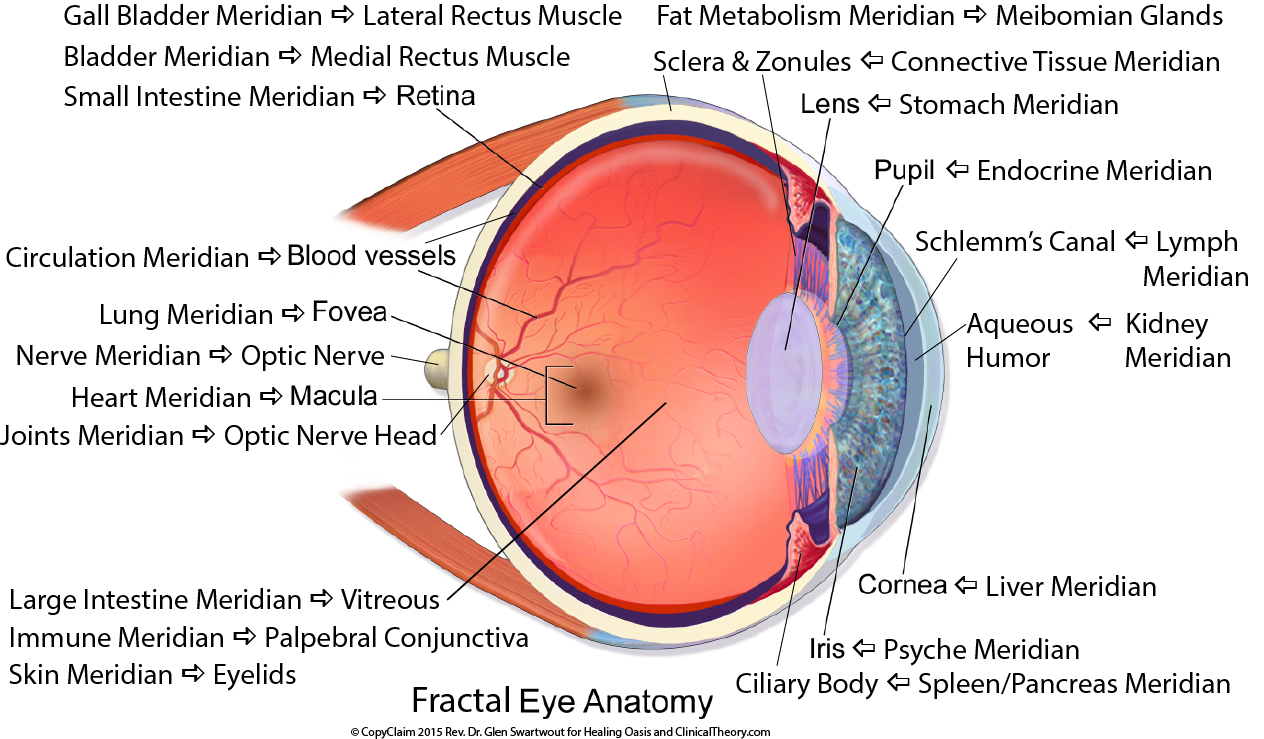EMF sensitivity (EMF sensitivity) is a situation in which an individual has a high sensitive to electromagnetic fields that surround him. This condition is not limited to situations where there is no electrical current, but it can be a problem for people with an open circuit or who are exposed to electromagnetic fields for prolonged durations of time. The Environmental Health Center Dallas has a thorough understanding of the reasons behind EMF sensitivities, and can assist patients in treating their symptoms. The center can perform tests to determine whether someone is vulnerable to EMF exposure. electromagnetic hypersensitivity symptoms can be accomplished using new technology that measures heart rate variation.
The IEI-EMF sensitivities are a sign of exposure to emf
Electromagnetic pollution and the resulting electromagnetic fields have been linked to the development of a variety of ailments. The signs and symptoms can be difficult to recognize as some have reported a wide variety of symptoms. electromagnetic hypersensitivity symptoms may be a result of pre-existing conditions or a response to stress due to the possibility of exposure to high levels of electromagnetic fields. Regardless of the cause these symptoms can be debilitating for people who experience these. However the scientific community is yet to determine how widespread the IEI-EMF sensitivity syndrome and how widespread it is.
It is not a symptom of electrohypersensitivity
While the symptoms of electrohypersensitivity and EMF sensitivity are similar, there are some key differences. Electromagnetic hypersensitivity can be not understood, and the symptoms may vary. It is crucial to receive an accurate diagnosis in order to determine the underlying causes and possibilities for treatment.
It isn't a symptom of EHS
Although EMF sensitiveness isn't a defining symptom of EHS however, it is frequently related to the disorder. In fact, some studies have suggested that the condition is related to genetics and environmental factors rather than any particular physical condition. However the need for more research to draw definitive conclusions.
It can be perplexing
The signs of EMF sensitivity can be perplexing. Most EHS sufferers don't think their symptoms stem from any specific cause. They seek medical treatment but are unable identify a cause for their condition. This raises suspicions that they could be suffering from any mental disorder of some kind that can lead to an increased feeling of despair and anxiety.
It can be frightening
Electromagnetic fields also known as EMFs can be a nightmare. Some people report experiencing unpleasant symptoms when they are exposed to these fieldsthat are produced by devices like mobile phones and Wi-Fi routers. The symptoms can range in severity, and in the most severe cases, people have to avoid electric devices and fluorescent lighting. In extreme instances, those suffering might even be forced to leave modern society altogether, living in isolated communities known as "EMF-free zone".
It can help with melatonin production

One of the most significant hormones found in our bodies, melatonin, is synthesized in the pineal gland. It is implicated in many biological functions, such as the regulation of circadian rhythm. However, its use as a factor of protection from non-ionizing fields of electromagnetic radiation has been in doubt, largely due to inconsistency with the results of different studies. Our understanding of this hormone's protection mechanisms is largely based on our understanding of the mechanism through which it protects your body from the oxidative stress induced by RF/ELF exposure.
It can aid with changes in the autonomic nervous system.
Numerous studies have shown that EMF sensitiveness can affect the autonomic nervous system. Patients with the condition can have altered autonomic responses and experience digestive issues. electromagnetic hypersensitivity symptoms have problems digesting food correctly or pass out when they eat a smaller meal. Others may experience changes in their body temperature and suffer from heat intolerance. These conditions are usually related to other health issues like diabetes.
